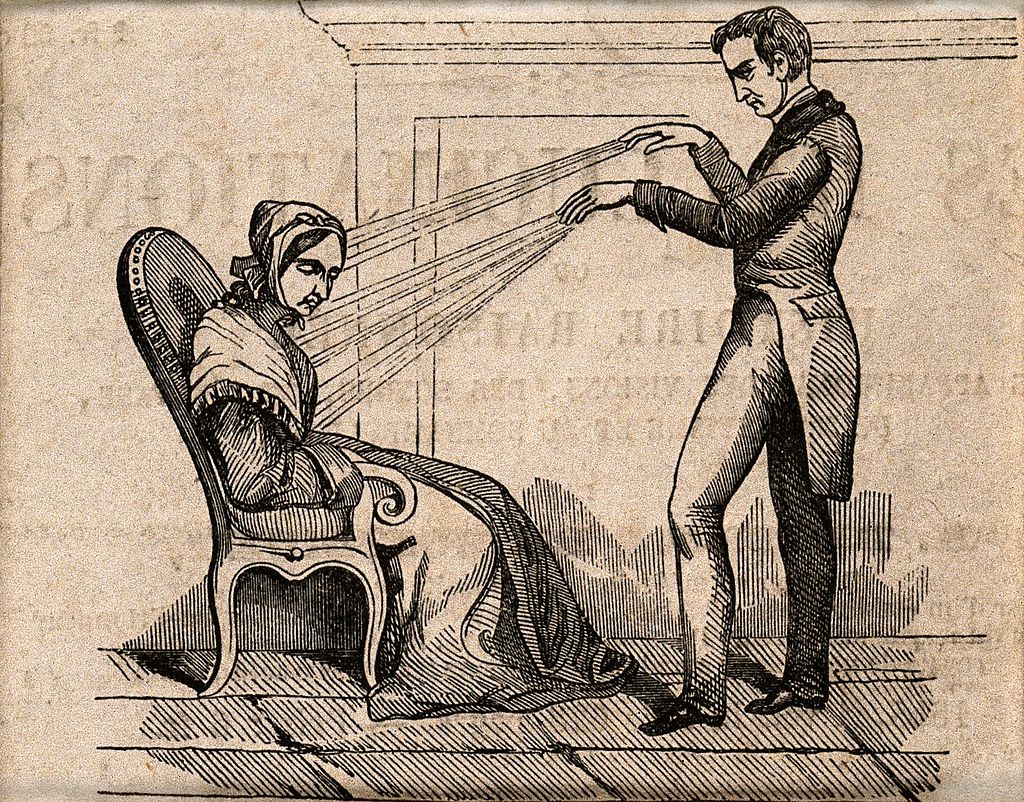
10.36am, Friday 26 January 2024. A video is posted by Liverpool Football Club. It’s an interview with Jürgen Klopp himself. They only do this if it’s something big. Maybe he’s going to extend his contract at the club? Maybe they’ve found a replacement hamstring for Mo Salah?!
“I will leave the club at the end of the season.” It is an absolute gut punch, and the sentence hits me like a truck. A feeling of shock washes over me. I’m reminded of a video of a young lad in Liverpool in 1974 being told Bill Shankly has resigned. He is in complete denial and just flat-out unable to accept the truth of the matter. Fifty years later, at 10.36am on Friday 26th January 2024, I am that young lad. This can’t be real. He’s not really going. This is one of those AI-deepfake things. Jürgen’s not leaving. Is he? I knew this was coming, but I didn’t think it would be so soon. I’m not ready.
My mind is chaos, and I am a mess of contradictions. My wife is out and the only other person in the house I can talk to is a cat who does not understand the gravity of the situation. All too quickly it becomes painfully clear that this is real. He is leaving. And soon.
The seeming mundanity of Klopp’s decision to leave, and his reason for doing so, speaks to his own philosophical nature.
When I return to reality, more questions emerge. Why is he leaving? Is he okay? Has he been offered a better job? Has he been sacked?! “I’m running out of energy,” he says. Jürgen Klopp, manager of Liverpool Football Club, has the best job in the world, is outstandingly good at it and, at only 56, feels as though he doesn’t have the energy for it anymore. What a thought. Surely there has to be more to his leaving than this? It can’t be that simple.
But no; it really is that simple. It’s something unheard of in modern football. Jürgen hasn’t been sacked for poor results; Liverpool are flying at the moment and, at the time of writing, could still win every competition they’re in. He hasn’t been offered another job somewhere else; he says he won’t manage anywhere else for at least a year. He just hasn’t got the energy to do this anymore. Despite what everyone at Liverpool wants – himself included – he feels it’s the right time to acknowledge that he has simply reached his limit. He can do no more.
Jürgen shares many similarities with the pantheon of great Liverpool managers, of which he is now a part; the likes of Bill Shankly, Bob Paisley, Kenny Daglish, still sung about on the kop to this day. One characteristic, however, strikes me above all others. All of Liverpool’s greatest managers have been deeply philosophical, both about football and about life itself. Klopp is no exception. The seeming mundanity of Klopp’s decision to leave, and his reason for doing so, speaks to his own philosophical nature. It also speaks to something seldom noted about human nature more generally: our finitude.
There is goodness in finitude. Our creaturely limitations remind us that we are not God; our finitude reminds us that we come from infinitude.
By finitude, I mean our inherent limitations are created beings. Put bluntly, one day, we will die. We are finite, not infinite. This finitude is an inalienable part of being human: to be human is to be limited rather than limitless. We encounter our finitude at all moments of our lives. In our need to sleep, rest, eat, drink, and so much more besides. Any moment at which we are not wholly self-sufficient (if we are ever wholly self-sufficient), when we rely on something beyond ourselves, we are faced with our own finitude.
This finitude can certainly lead to difficult moments (like, for example, having to watch one of your footballing heroes suddenly announce he’s leaving your club). But despite this, there is goodness in finitude. Our creaturely limitations remind us that we are not God; our finitude reminds us that we come from infinitude. It reminds us that we need those around us and, in turn, that they need us. These are good things to be reminded of, that we always live in a complex web of dependence on one another, as we navigate our finitude together.
Jürgen’s resignation is such a shock because it speaks directly to this often-unnamed aspect of our nature; this inter-dependence we all rely upon due to the limitations built into our human nature. He has simply recognised his finitude. It comes as such a shock, in part, because it is rare to see someone acknowledge their humanity and their limitations so plainly. Jürgen is running out of energy. Aren’t we all?
It is also striking, as the UK endures the slow run up to what is likely to be an unedifying general election, that when faced with his own finitude, Jürgen has sought not to consolidate his own power and position, but freely to give it up. He could have had the run of the place for as long as he wanted. If he had asked for a life-time contract, few would have wanted to say no. This is part of what makes him such a compelling leader; his willingness to vacate positions of leadership when the time is right. Because it is this very vulnerability that makes him so authentically human.
In the end, then, it is an act of love from Jürgen. Clearly the decision has weighed on him somewhat; he is clear that he doesn’t really want to go, but that he feels it’s the right thing to do. Faced with his own finitude, with the limitations of his own creatureliness as a human being, the most loving thing he can do for the club is to walk away, to admit his human fragility. There is something reminiscent here of the apostle Paul, who claimed he would boast in his weaknesses, because that was how Christ dwelled in him. “Whenever I am weak, then I am strong”. Jürgen, too, a devout Christian himself, has displayed immense strength in his weakness. I do not speak lightly when I say it is a deeply Christ-like decision on his part.
To acknowledge our dependence on others, to acknowledge our inability always to be dependable; these things are acts of love born from recognition of our finitude. To love one another is not to pretend we can fix each other’s problems, nor is it to avoid being a burden on other people. In depending on others and being depended upon, we become more and more like that which God has called us to be: finite, limited creatures in need of those around us. Our limitations are an opportunity to display love, not a hindrance to it.
In all this, Jürgen acknowledges his own finitude in a way that is rare to see and, clearly, difficult even for himself fully to come to terms with. Like Jürgen, we are all running out of energy. This need not be a cause for sadness; it merely points us towards the one from whom that energy comes and reminds us of our dependency on Him, and on those around us. Our finitude is a gift, releasing us from the burden of being all things to all people. I still wish Jürgen was staying, though.






